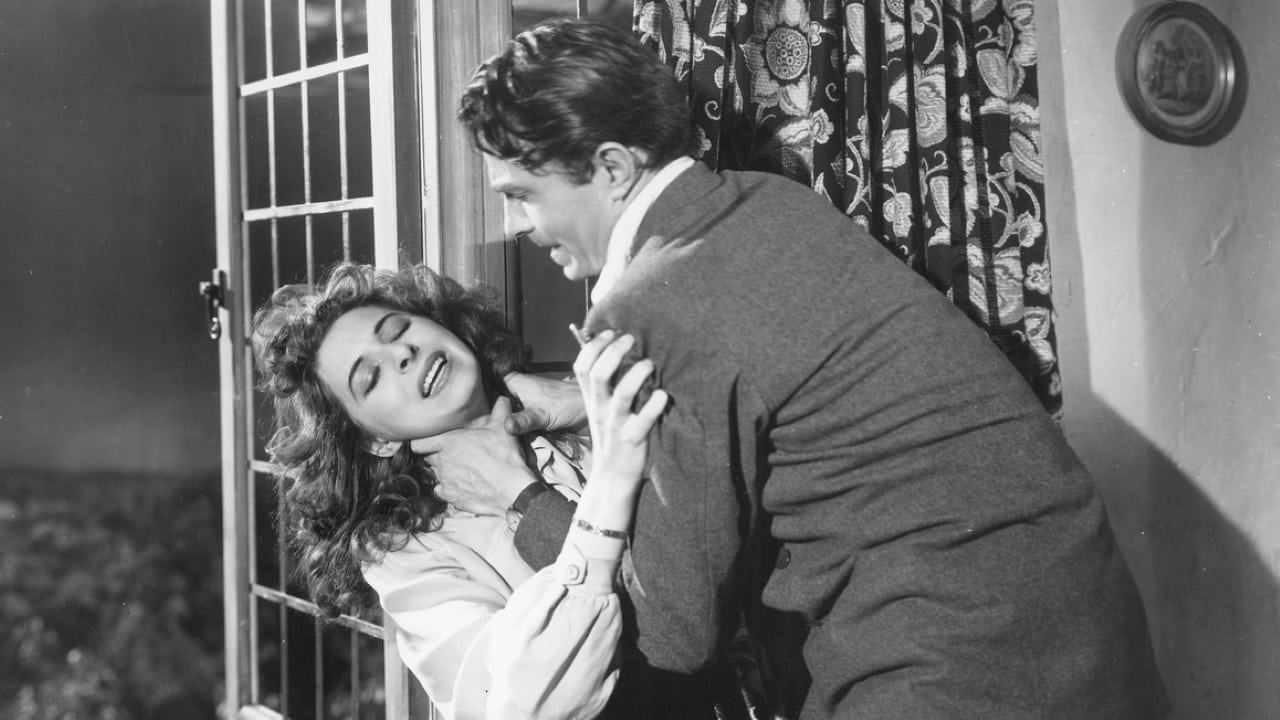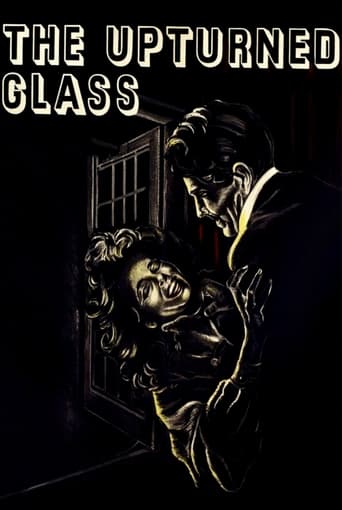

One of the earlier reviewers suggested that the film takes "the easy way out." I partially agree, but think that the real reason for the disappointing finale was the censors. They, in their moral righteousness, did their very best to ruin any number of UK and American films. In this case, the ending makes little sense. Otherwise, a very satisfying early addition to the film noir genre. The photography and pacing are perfect and carry the bleak mood. A minor quibble is that the notion of the lovers breaking off wasn't totally credible, but then, perhaps it was a different moral universe in the 1940s. Mason, as always, is excellent to the point that the viewer cannot take his eyes off of him (not that one would want to). Pamela is a hateful character, as from all reports, she was in real life.
... View MoreThis film was released at the height of the interest in psychological thrillers.the film starts up quite slowly works up to a crescendo and then rather falls flat at the end.It is nevertheless an intriguing film in many ways.Mason has it fixed in his mind just how easy it would be to kill Kellino.However the reality is that it turns into a violent struggle with him ending up strangling her then tossing her out the window.This rather anticipates the scene in Hitchcock's Torn Curtain with the gruesome killing of the Stasi agent.One wonders if Mason wished he had gone through with the actual deed bearing in mind his acrimonious divorce from Kellino a few years later!There is mention of an upturned glass but its meaning is never properly explained.At the end Mason commits suicide by leaping off a cliff.This is incorrect for 2 reasons.Firstly nowhere in the description of Paranoia,is there an indication that the symptoms include suicidal tendencies.Also there are no chalk cliffs near Portsmouth.One final point.I wonder if the American censors office asked for a change of endings.They would not sanction a suicide by a criminal as they considered it a mortal sin.Also they insisted on moral compensating values ie the villain must pay for his sins.
... View MoreUp until about 80-90% of the way though the film, I was very impressed by "The Upturned Glass". It was an interesting thriller that was unique and worth seeing. However, towards the end, the film seemed more hastily written and a bit dumb--especially when the murder occurred.James Mason plays a neurologist who is well-known for his great lectures. In a hall packed with students, he tells the story of a patient who murdered but was NOT mentally imbalanced. While he changes the names of the characters, the film audience can see that the story is about Mason himself--he will eventually kill someone. The story explains all the events leading up to it. Then you learn that he has NOT yet killed but wanted, in a crazy way, to tell others about his plan before executing it. All this is quite good. However, when he then executes the plan, it's amazingly sloppy and he makes many mistakes. I didn't like this but at least the film in the end redeemed itself with a dandy ending. In many ways, this is almost like a British version of noir. Interesting and worth seeing.By the way, look for the scene with the 'American' soldier. His accent was TERRIBLE and he clearly sounded like a Brit trying to sound American. I assume in American-made films, we Yanks must sound the same way when we portray Brits!
... View MoreIn this suspenseful movie, we meet James Mason as he lectures about crime to a group of students. He is an eminent neurologist. In flashback, we learn of the girl whose eyesight he's saved. In the course of doing this, he fell in hove with her mother.It's a murder-mystery; so that's as much plot as I'll give. Pamela Mason is appropriately unappealing as the woman's nosy sister-in-law. Mason, one of my favorite actors, is very good.As a suspense movie -- a noir, of sorts -- it is excellent. It positions itself as more, unfortunately. Initially, it's intriguing to realize that the central figure in the case history Mason's reciting is himself. But there are red herrings. More distracting, there is philosophizing -- not to mention a most unsatisfactory final scene.
... View More